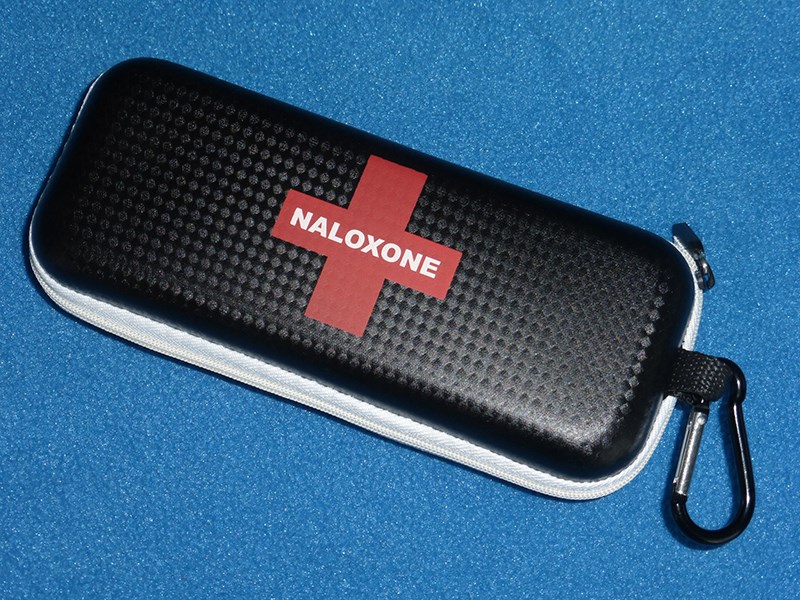Dozens of community service providers, parents and concerned citizens turned out to a meeting Tuesday to learn how to administer naloxone, a substance used to revive drug overdose victims.
The meeting, organized by Fraser Health and co-hosted by the Tri-Cities Homelessness and Housing Task Group, was an opportunity for people to learn how to use naloxone and take home a kit, said Sandy Burpee.
And he said the good turnout suggests a need for programs to support people who abuse opioids.
"There is probably more need for harm reduction in the Tri-Cities than I had previously sensed," Burpee said.
The training session followed the death Sunday of a 16-year-old Coquitlam girl who was found unresponsive in a washroom at a Port Moody Starbucks.
As many as 86 people turned out to the meeting, held at Trinity United Church in Port Coquitlam, and 23 took home naloxone kits, which include a vial of the substance and a needle for administering it, usually with a shot to a muscle in the thigh.
Burpee praised Fraser Health for the outreach initiative, and said the turnout suggests it was needed but he expressed sadness, too, for the number of parents who were in the audience.
"I thought that was very tragic," he told The Tri-City News. "What an anchor to carry around."
TRI-CITY NUMBERS
Burpee, whose organization advocates for affordable housing and spearheaded a drive for a homeless shelter at 3030 Gordon in Coquitlam, said he was surprised to learn this spring of the depth of the overdose problem.
Recently, The Tri-City News reported Coquitlam, Port Coquitlam and Port Moody saw 10 overdose deaths to the end of June. Fentanyl was detected in six of the 10 cases.
Burpee suspects the importation of fentanyl, mostly from China, may have heightened the risk of overdose deaths in the Tri-Cities, making it critical for agencies to be more aware of the issue and get training and access to naloxone.
It's also important for people taking drugs to know what they are taking, Burpee said.



